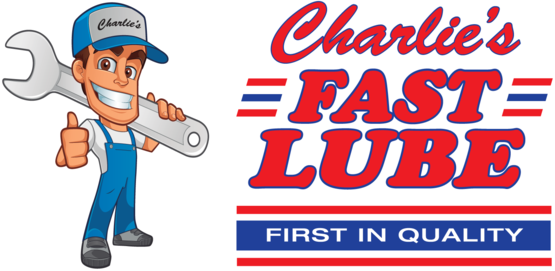TPMS: Tire Pressure Monitoring for Your Perryville Vehicle
March 29, 2020
Perryville drivers may know that all 2008 model year and newer cars, mini-vans and light trucks in Missouri come with a tire pressure monitoring system. Many slightly older vehicles around the Perryville area have these systems as well. A tire pressure monitoring system – called TPMS – consists of sensors on each wheel that measure tire pressure.
If tire pressure drops 25 percent below the vehicle manufacture’s recommended pressure, the sensor sends a signal to a monitoring unit that causes a warning to light up on the dashboard. When drivers see the warning light, they know it's time to put some air in the tires.
There are many benefits to people in Perryville who drive with properly inflated tires. First is cost savings. Running at the correct air pressure improves fuel economy. Driving on underinflated tires is like driving through sand – it drags down your fuel economy. Drivers in Perryville will also see longer, more even tread wear so your tires will last longer.
Another important benefit of properly inflated tires is increased safety for Perryville vehicles. Underinflated tires become hotter, and that heat can actually lead to tire failure – possibly resulting in an accident. Your vehicle and the tires themselves will just perform better and more safely around Perryville with properly inflated tires.
Local Missouri consumer groups and law-makers advocate TPMS systems hoping that they will save lives, property damage and inconvenience. While you can't put a value on saving a life, Perryville drivers should keep in mind that TPMS systems aren't free.
The systems themselves are added into the price of the vehicle. The batteries in the sensors will have to be replaced from time to time. Parts will break and need to be replaced. In colder climates around Missouri, ice and salt are frequent causes of failure.
In addition, there are other behind-the-scenes costs we want you to be aware of. Every time a tire is replaced, repaired, rotated or balanced, the tire technician has to deal with the TPMS system.
Perryville service centers such as Charlie's Fast Lube Perryville must purchase equipment used to scan and reactivate the TPMS system after every tire service. Because older tire change equipment can damage TPMS sensors, your Perryville area service center may need to buy expensive, new tire changers.
Since there is no uniformity among manufacturers, technicians need to be trained on several TPMS systems. These behind-the-scenes costs are very real to Perryville service center managers.
That's why the team at Charlie's Fast Lube Perryville is anxious for people in the Perryville area to understand the financial impact of TPMS systems. In the past, we've been able to quickly and cheaply provide tire services and then pass the low cost on to customers as an expression of our good will. But now even these simple jobs take much longer and require equipment.
Sensors will need to be removed and reinstalled. Even a tire rotation will require that the monitor be reprogrammed to the new location of each tire. When a vehicle battery is disconnected, the TPMS system will need to be reprogrammed.
So when you start so see the cost of tire changes, flat repairs and rotations going up in Missouri, please keep in mind that it's because of this new safety equipment. The team at Charlie's Fast Lube Perryville just wants to keep you safely on the road – and we're committed to doing it at a fair price.
It's important to remember that the TPMS warning only comes on when a tire is severely underinflated. You'll still want to check your tire pressure regularly. At every fill-up is best, but you should check pressure at least once a month. Here's wishing you safe travels.
Contact Charlie's Fast Lube Perryville for more information about Tire Pressure Monitoring Systems.
Charlie's Fast Lube Perryville
701 S. Perryville Ave
Perryville, Missouri 63775
575-517-0022
http://www.charliesfastlubeperryville.com
Need Service?
More articles from Charlie's Fast Lube Perryville

The Power Behind your Engine (Alternator Diagnosis and Repair)
March 30, 2025
There's nothing like that sinking feeling when you turn the key and nothing happens in your vehicle. A lot of us are quick to blame the battery. But it may instead be your alternator that's failing. Your battery supplies power to start your vehicle, but the alternator is what sends power when y... More

Put the Brakes On! (Brake Caliper Replacement)
March 23, 2025
Keeping your vehicle's brakes in top shape is one of the most important things you can do for your safety and those on the road with you. Most drivers know a little about brake pads and rotors but maybe not so much about another brake component called the calipers. Disc brakes work by a mechanica... More

Breathe Easier (Cabin Air Filter)
March 16, 2025
When you get in your vehicle, how does it smell? If it's not so nice, it may be time to have your cabin air filter changed. It's not the same one that filters out the air used in the engine. The cabin air filter screens out dust and other particulates from the outside air so when it enters the c... More









